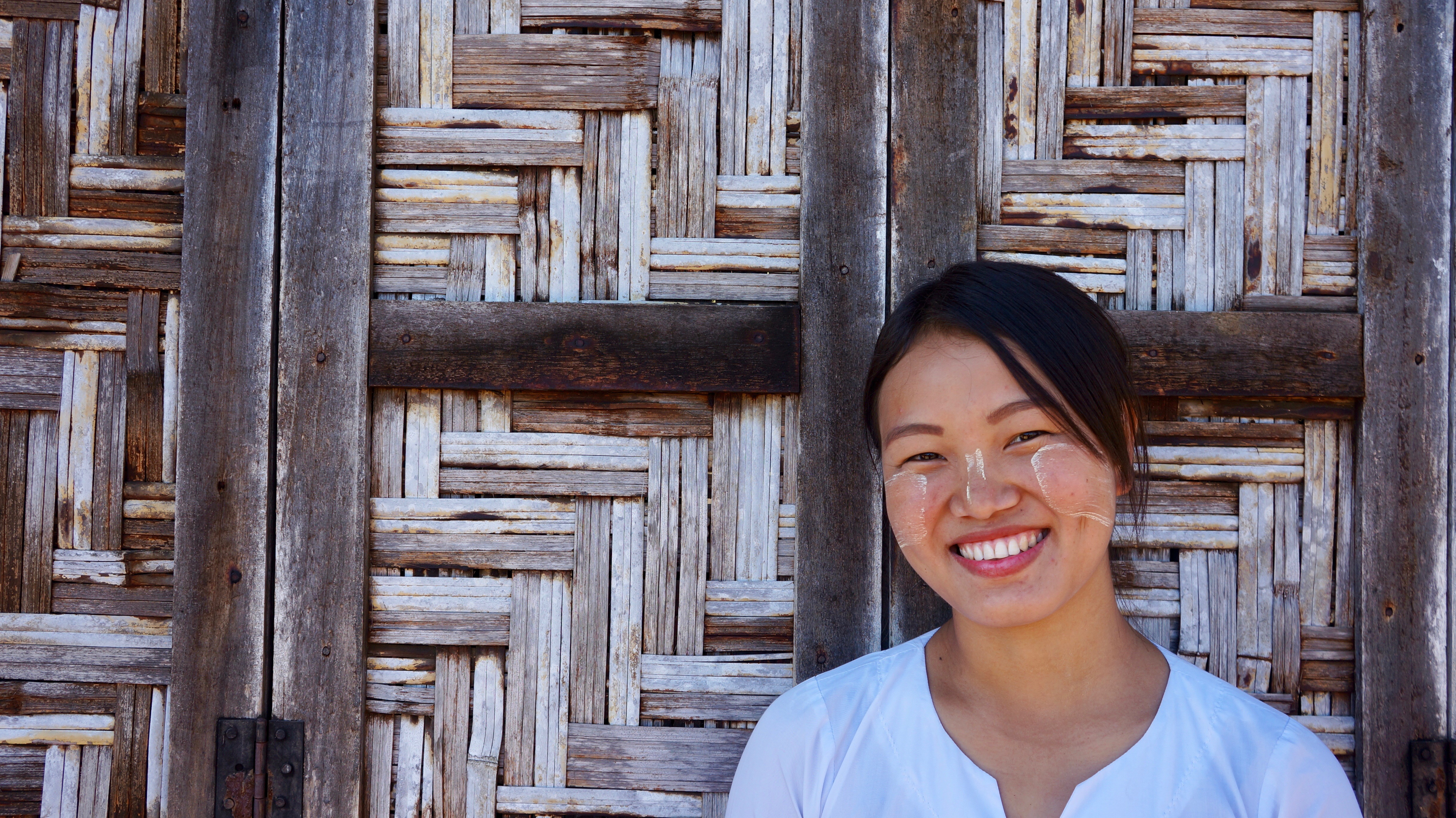Thailand: ‘Everybody’s Challenge’ translated into Thai
19 June 2012|Mark Raper SJ

Bangkok, 19 June, 2012 – …Struck and shocked by the plight of thousands of boat people and refugees, I felt it my duty to send cable messages to some 20 Major Superiors around the world. Sharing my distress with them, I asked what they in their countries and the universal Society could do to bring at least some relief to such a tragic situation… Fr Pedro Arrupe’s letter, The Society of Jesus and the Refugee Problem, 14 November 1980.
The perilous journeys to exile of the Vietnamese boat people deeply moved Fr Pedro Arrupe. Although the Vietnam War ended in 1975, it was not until 1979 that great numbers of people began to leave the country, most making clandestine, risky journeys at sea. Fr Arrupe, then General of the Society of Jesus, appealed to some Jesuit Provincials for practical assistance. The spontaneous and generous ‘first wave of action’ provoked him to reflect on how much more the Society could do if its responses to this, and other contemporary crises of forced human displacement, were planned and coordinated.
From that initial sentiment has grown a world wide service to forcibly displaced people. On 14 November 1980, Fr Arrupe announced the birth of the Jesuit Refugee Service (JRS). Coincidentally, it was his own birthday too. It is also the feast of the saintly Joseph Pignatelli, himself made a refugee several times, who gathered and supported so many exiled and dispirited fellow Jesuits during their Suppression.
This present booklet, gathering essential documents of the first 20 years of JRS, also serves to record this same step-by-step process, repeated by JRS workers over and again across the world during these past years. Moved with compassion at the plight of so many displaced people, Jesuit Refugee Service members, who are Jesuits, religious and lay people, have undertaken new initiatives, reflected anew on these experiences, and planned new actions. Each time, JRS calls again on a wide network of friends and companions to
join in this service. As one JRS group reflected in 1985,We believe this call is not for ourselves alone.
The Jesuit Refugee Service, for Fr Arrupe, was everybody’s challenge. The mandate given to JRS is a grace and responsibility for us all, said Fr Kolvenbach in his letter on the 20th anniversary. Arrupe wanted the JRS to be a switchboard between offers of help and opportunities for service. He was sure that the Society could rely on the cooperation of its own members and communities, not only on the parishes, schools and other institutions under its care, but also on many friends such as religious congregations and lay movements. He has been proved right. Many JRS projects involve the collaboration of hundreds of volunteers, lay, religious and Jesuits. Yet even now, 20 years later, not all the possibilities the Society already has and could have in the future… have yet been exhausted.
The Society could make a specific contribution, Arrupe felt, not only to the refugees, but to a world in need of healing. He talked about this on 6 August 1981 to JRS workers in Bangkok. It turned out to be his last talk as General, since he suffered a cerebral stroke that very night while flying back to Rome. It was Hiroshima Day. Don Pedro had experienced that explosion and had tended its victims, since he lived a few kilometres from the epicentre of the blast, but was sheltered by a small hill. He compared refugee crises to the nuclear bomb, which harms not only its direct victims, but also explodes on the imagination of the world. Such a weapon is a crime against humanity. By being present to the victims, he explained, we join with those who seek to rebuild humanity. Serving those whom we see in need, we serve also the kingdom of God. God is calling us through these… people, he said.
One part of our work is the direct welcome we offer to the refugees. Another task is to reflect on what message refugees have for our world and to help our societies to become more sensitive to the changing needs of the foreigners in our land.
Even in the short 20 years of the life of JRS, the profile and needs of refugees and forcibly displaced people have changed a lot. For this reason the mission of JRS needs to be clear and the criteria for putting it into practice need to be well understood.Refugee is in fact an imprecise term applied to a diverse range of people.
Over these last 20 years, the number of conflicts of a religious or ethnic nature have increased, and so have their victims. In addition, today the pressure for migration is a predominant characteristic of the interaction between states. But despite the growth of a global market, in which states are more open to the free flow of commodities, they nonetheless place increasing restrictions on the movement of peoples. In this context there is a world-wide growth in criminal human trafficking by which many refugees are doubly punished. They must pay cash in order to enjoy their fundamental human right of asylum. And as a result they are frequently seen as ‘illegal’.
Fortunately, Catholic social teaching uses a broad understanding of who is a refugee. Yet while the needs of refugees differ according their countries of origin or of asylum, or because of the reasons for which they left home, the pastoral and human response of JRS remains consistent.
Moreover, as Fr Peter-Hans Kolvenbach remarked in his Review of Jesuit Refugee Service in 1990, this response of JRS is typically Ignatian. It is similar to what Ignatius and his early companions actually did in response to a crisis of homelessness and poverty in the Roman winter of 1938.
This book gathers key documents that record the inspiration and the mission given to Jesuit Refugee Service by the Society of Jesus. It is a tool that will help JRS to develop the services it offers for today and the future. In new circumstances of refugees, the responses of JRS must also be creative. JRS workers are to be like the good scribe of the Gospel (Mt 13;52), making use of the old things and adding new elements.
For the book in English and Thai, Click here.
Mark Raper SJ, International Director, Jesuit Refugee Service, 1990-2000



